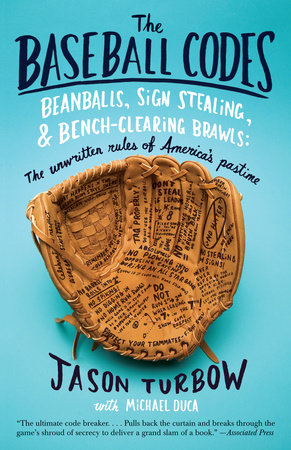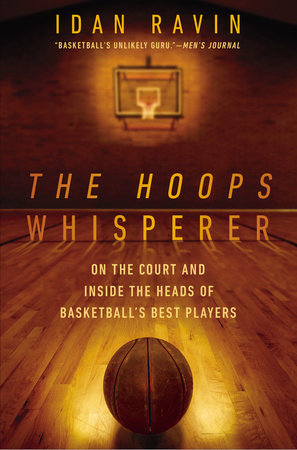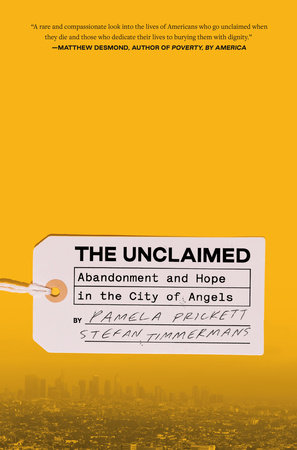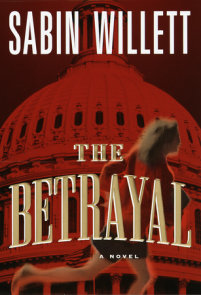Author Q&A
A Talk with Sabin Willett
Your first two novels were thrillers. Why the leap to social satire?
Writing this book was, for me, like riding my sister-in-law’s horse. I have been trying to do that lately, and I discovered that the enterprise goes very well when I decide to go wherever and whenever Joker wants to go, but leads to some painful dismounts when I try to mess with Joker’s agenda.
I wrote the first thriller because I thought it would be easiest for a nobody to publish a thriller. I wrote the second thriller because the first book was a thriller. I even wrote a third thriller (the God’s honest truth was that this was in 2000 or so and the plot was about the secret son of a bin Ladinesque figure who is discovered at a US school…), or part of a third thriller, but by this time it was really starting to feel like the horse didn’t want to go where I was urging it.
So I thought I might be able to stay in the saddle if I just let the horse go where it wanted to go. Which was to Present Value. I suppose I have an ironic sensibility, and I think a lot, as a middle aged guy, about where things have come from and where they’re headed, and I believe I have a knack for humor in writing (although my kids will testify I have no skill at all orally. Worst joke teller in America).
The horse was dying to go this way, and I feel more like a rider now.
Your protagonists, Fritz and Linda Brubaker, are portrayed as an uber-power couple. Do people really live like this? Or did you exaggerate for comic effect?
Heck if I know how those people live! Fritz, though, is a little outside that. His wife has uberpower; he’s along for the ride, at first.
Actually I do know something about how those people live I guess, as I live in a town not wholly unlike Dover, and see in big-firm urban law practice the lifestyle of the rich and powerful. Poor Linda, I exaggerated the hell out of her, of course, but there are both women and men — particularly lawyers — for whom the combination of money hunger, nerves, and instant communications goads into this perpetual state of anxiety. Also, the “I-must-not-be-subject-to-criticism” spirit definitely exists, and makes some people crazy.
What does it mean to be a perfect family? And what is sacrificed in maintaining this illusion?
Well, this is an interesting one! I don’t know, but I do think there are a lot of people in my generation who are spending too damn much time in their children’s lives. You go to a sixth grade dance in Dover, you’ll see as many parents as sixth graders. Ditto a little league game or a hockey practice. And I do think the middle aged moneyed class spends a lot of time trying to show off its exquisitely sensitive parenting.
But there is no illusion, and I would say no sacrifice, in a perfect family. Perfection in a family is love, and if you have that, you don’t need to pretend to have anything else. But all the monetary, cultural, and social expectations get in the way of that. Fritz and Linda work to get there, each in his own way, and the omens look better at the end.
Technology, video games, cell phones, blackberries, SUVs-in other words, all the trappings of modern life-keep the Brubakers from ever really communicating or interacting in a meaningful way. Do these technologies really keep us apart?
I certainly think so, but I’m a Luddite. The problem with instant communication is that it is instant, and constant. People don’t have time to think. And, they’re always distracted. Nobody under 20 ever fully concentrates on anything. Under 30 for that matter. Suppose I send an email to five associates that we need to meet in the Jones case next week. The young ones will email me back within fifteen seconds. Leaving me to think: Why? Were they poised for this message, the moment it arrived? If they were thinking about something important, how could they have time for this trivial email? Answer: everybody’s distracted. Multitasking. You never get more than about 20 percent of anybody’s head.
And that applies at home, too, I fear. Everyone should try an experiment, at least once a year, best done on a summer night. Rules: 1. Everyone stays home. 2. No phones, no electricity except for the fridge. It’s remarkable what happens. And you may feel like that game of scrabble or of charades or that conversation was among the best you’ve all had a in quite a while.
There’s an old lawyer in my firm named Fran. You see him in the library with a book, usually an old book, and a pencil, and a pad of paper. Thinking. Making a few notes. He thinks a blackberry is something you eat in August. You sent him an email today and you get back a message in two months.
But in a courtroom, he’s the best communicator I know.
The collapse of big business is delightfully skewered by the bankruptcy of Playtime in the novel. How realistic is your portrayal of bankruptcy and liquidation as presented in PRESENT VALUE? It seemed quite absurd to me.
It is a little stretched, I admit. The ingredients are real: the emphasis on professional fees, the jitters over the first day hearings, the carve outs, the efforts of management to protect themselves, the key employee retention plans, the tension over the confirmation process, that’s all real. I stretched some of the characterization of people for laughs.
In the novel, you use skiing–in particular skiing down a particularly steep trail-and later sailing as metaphors for Fritz Brubaker’s life. Why those metaphors?
Not really sailing, but yes definitely to one skiing metaphor. In fact the manuscript was named “Skiing Paradise” before the publishers stepped in. Skiing Paradise was my original metaphor for Fritz’s predicament. There really is a ski area on which Stark is modeled, and there is a real trail called Paradise, and it is nasty. The notion was that in midlife we find ourselves committed to the steeps of job, marriage, kids’ adolescence, and there is no way out, and it is scary, and it might actually kill you. But if you hang in there, it ends. It just ends. But you have to get to the bottom to figure that out.
Not very deep, I guess, but I thought it worked.
By the end of PRESENT VALUE, both Fritz and Linda have made tremendous sacrifices for their children. Is this something they would have done before their worlds got stripped away? Or is it a product of the journey each has undertaken?
I think this a very insightful question. Each of them would have thought that s/he would make any sacrifice for them before, but before, each would have rationalized “sacrifice,” and would have concluded that maintenance of the status quo was in the kids’ best interest. I think Fritz and Linda each needed to face risk and predicament to better understand what should be done for the kids. We need to be shaken from complacency to understand what children need, I think.
Even while Fritz and Linda were making mistakes, I found myself rooting for them to make the right choices and succeed. Why is that, especially since they are not particularly sympathetic at first glance?
Well, I always liked Fritz. I was just a little frustrated with him. I suppose when you figure out the choice he’s made, one gains admiration for him.
I’m glad you asked the question about Linda. I think it means I succeeded. She started out as a mere cliché and source of humor, but that didn’t fully answer. So I worked to give her a little more depth, to explain how she got to be so obsessive; how the culture fed into a naturally obsessive nature, and how the predicament of having to accomplish all the external “successes” as a woman compounded the stress. I wanted the reader to root for her, just a little, by the end.


























